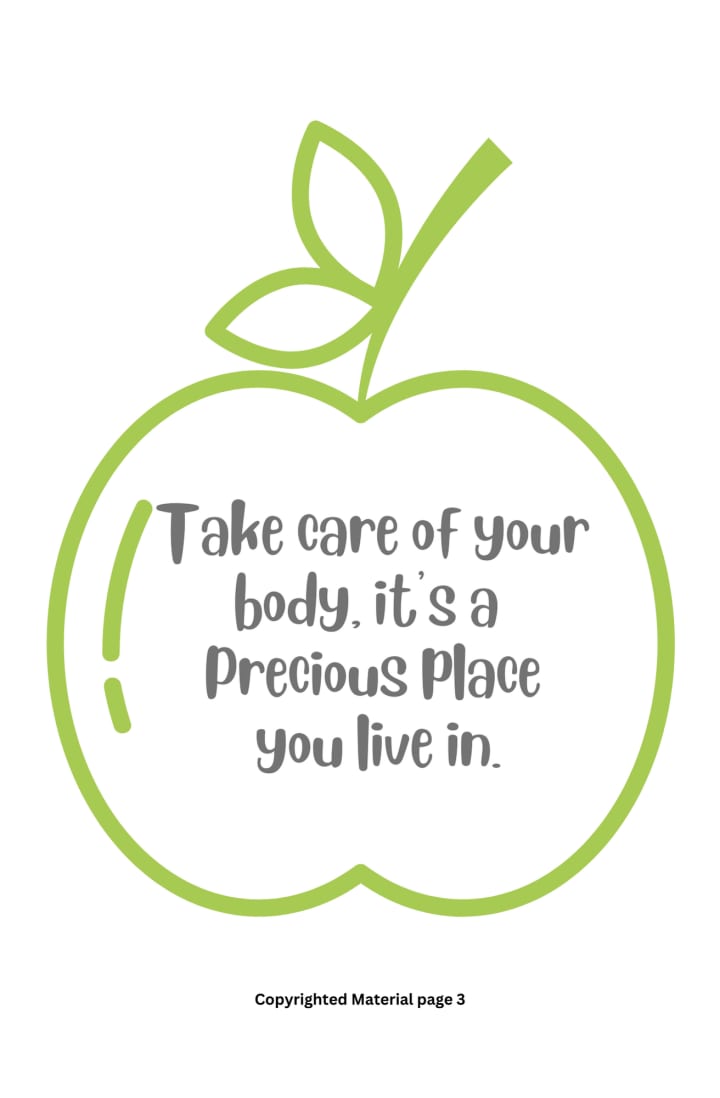Reducing Daily Carbohydrate Intake
10 Methods for reducing carbs from your daily diet

Quitting carbs can be an effective strategy for weight loss. By reducing carbohydrate intake, the body is forced to tap into its fat stores for energy, leading to a potential decrease in overall body weight. Carbohydrates are the body's primary source of energy, and when consumed in excess, they can be stored as fat. By cutting back on carbs, individuals can regulate blood sugar levels, control cravings, and promote a state of ketosis, where the body burns fat for fuel. However, it's essential to approach carb reduction with a well-balanced, nutrient-rich diet to ensure adequate intake of essential nutrients.
Reducing carbohydrate intake can be beneficial for certain dietary goals, such as weight loss or managing conditions like diabetes. Here are ten methods to help you reduce carbs from your daily diet:
1. Choose low-carb alternatives: Swap high-carb foods with lower-carb alternatives. For example, replace pasta with zucchini noodles or use lettuce wraps instead of tortillas for sandwiches.

2. Increase vegetable intake: Focus on non-starchy vegetables like leafy greens, broccoli, cauliflower, and bell peppers. They are low in carbs and high in fibre and nutrients.
Click here for 500 Easy and Delicious Keto Recipes E-book

3. Limit starchy foods: Minimize or avoid starchy foods such as potatoes, rice, bread, and pasta. These foods are typically high in carbohydrates.
4. Opt for lean proteins: Choose lean sources of protein like chicken, turkey, fish, tofu, and eggs. These foods are low in carbs and can help keep you satiated.

5. Include healthy fats: Incorporate healthy fats into your meals, such as avocados, nuts, seeds, olive oil, and coconut oil. Healthy fats provide satiety and flavour.
6. Read food labels: Check food labels for hidden sources of carbs, such as added sugars or high-carb additives. Be mindful of ingredients like corn syrup, maltodextrin, or any words ending in "-ose."

Click here for 500 Easy and Delicious Keto Recipes E-book
7. Minimize sugary drinks: Reduce or eliminate sugary beverages like soda, fruit juices, and sweetened teas. Opt for water, unsweetened tea, or sparkling water instead.

8. Control portion sizes: Be mindful of portion sizes, as even lower-carb foods can contribute to carb intake if consumed in large amounts. Use measuring cups or a food scale to help with portion control.


9. Plan your meals: Plan your meals in advance to ensure you have low-carb options readily available. This can help prevent impulsive, high-carb food choices when you're hungry.
10. Track your intake: Consider keeping a food diary or using a mobile app to track your daily carbohydrate intake. This can help you become more aware of your carb consumption and make adjustments accordingly.
The healthy ketogenic diet, or keto, is a low-carbohydrate, high-fat diet that can be effective for weight loss and quitting carbs. By severely limiting carb intake and increasing fat consumption, the body enters a state of ketosis, where it primarily burns fat for energy instead of carbohydrates. This metabolic shift can lead to significant weight loss as the body utilizes stored fat as fuel. Additionally, the keto diet helps regulate blood sugar levels and insulin response, reducing cravings and promoting a feeling of satiety. By eliminating or greatly reducing carbs, individuals can break free from the cycle of carb-driven hunger and overeating. The keto diet also stabilizes energy levels, enhances mental clarity, and improves overall body composition. However, it's crucial to approach the keto diet under the guidance of a healthcare professional, as it may not be suitable for everyone and requires careful attention to nutrient balance and proper supplementation.
Remember, it's important to consult with a healthcare professional or a registered dietitian before making significant changes to your diet, especially if you have any underlying health conditions. They can provide personalised advice based on your specific needs and goals.
About the Creator
Jacqueline Leigh
Jacqueline Leigh: down-to-earth holistic therapist & author. "A Dieter's Dilemma" inspires & guides weight loss struggles. Embracing patience & self-love, she empowers lasting change, guiding to a balanced, life. #Health #Wellness #Author






Comments
There are no comments for this story
Be the first to respond and start the conversation.